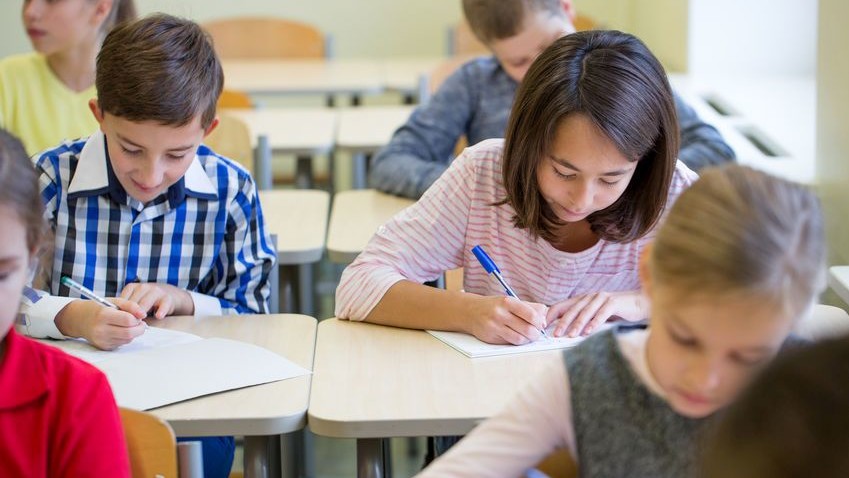University of Mannheim Supports Schools in Socially Challenging Environments

Within the scope of the SchuMas initiative, the federal and state governments invest 125 million euros to improve educational opportunities for children with a lower socio-economic background. An important part of the initiative is to provide schools with scientific concepts and strategies for the development of the school and its teaching and to build networks between schools.
The BMBF has now approved a research network of 13 institutions which will implement the SchuMaS initiative. Mannheim professor Karina Karst and her team are part of the network. The educational researcher will set up one of four regional SchuMaS centers in Mannheim. The center serves as a link between schools in the South of Germany and will support around 50 schools. During the next five years, the center has been granted two million euros for this purpose.
The researchers from the University of Mannheim will support and advise school pupils as well as teachers and the school management. Measures to further develop teaching aim at supporting children in reading, writing and math. The co-constructive collaboration between schools, science and research is what makes this project special: “It is an innovative approach, since we analyze the needs of the individual school before we further develop concepts and strategies. We do not want to simply impose our ideas on the schools”, says Karst.
Using the social space in which the schools are located is also part of the project. In addition, the researchers aim at initiating the development of innovative school networks: Can the school cooperate with neighboring institutions to expand its offers? It is planned that six to eight schools collaborate in regional school networks, together with staff members of the SchuMas centers. Organizing opportunities for further education for teachers and school management will be one of the tasks.
To the press release issued by the Federal Ministry of Education and Research (in German): https://www.bmbf.de/de/karliczek-ernst-bildungschancen-fuer-sozial-benachteiligte-schuelerinnen-und-schueler-13629.html
